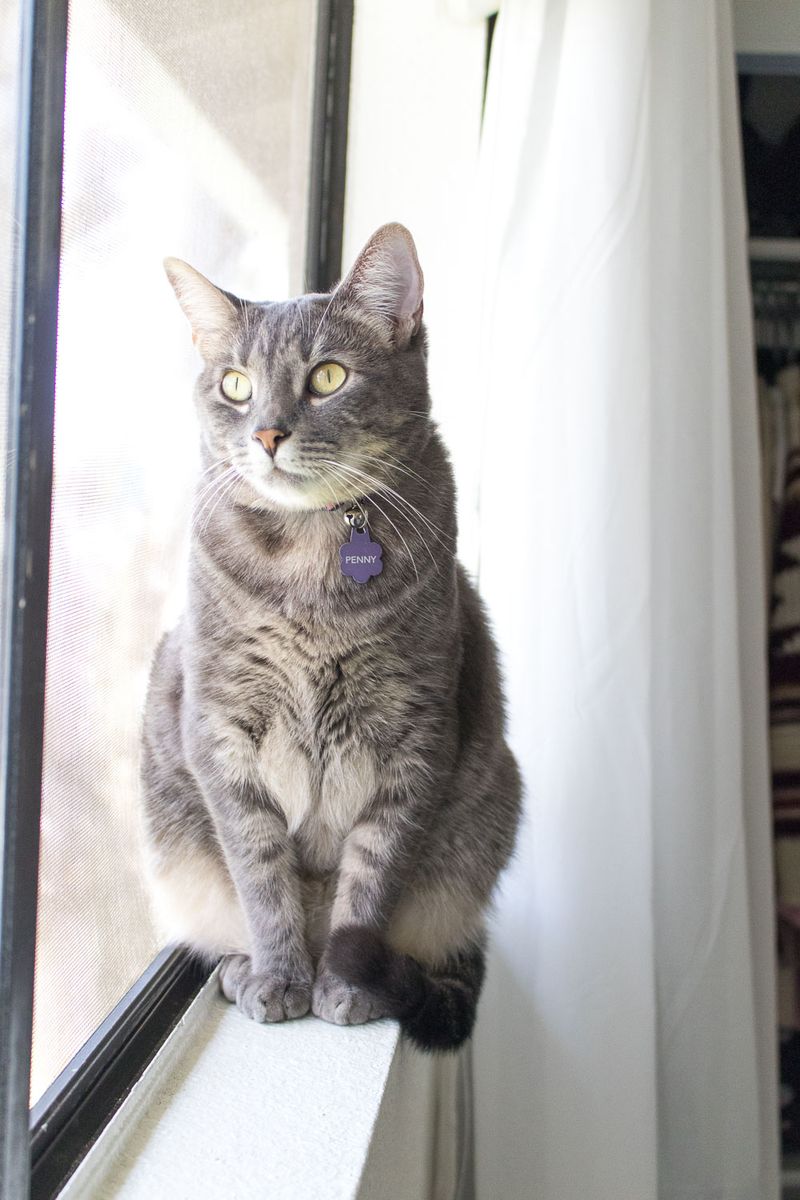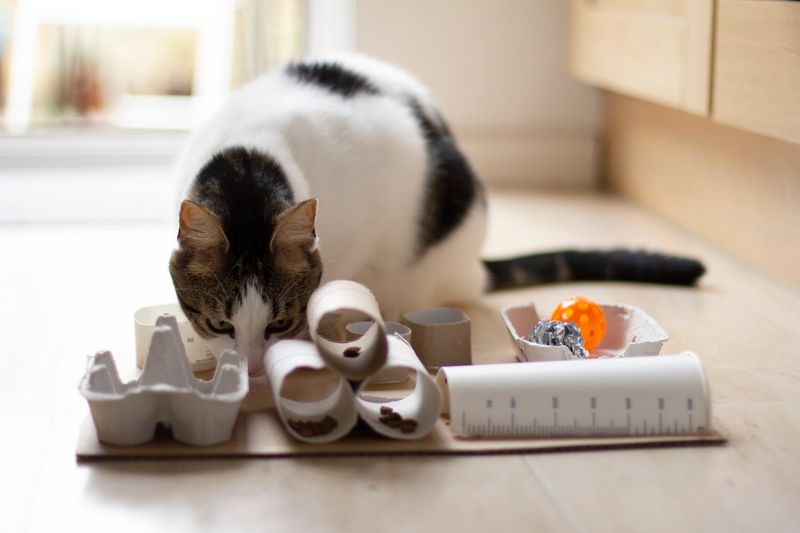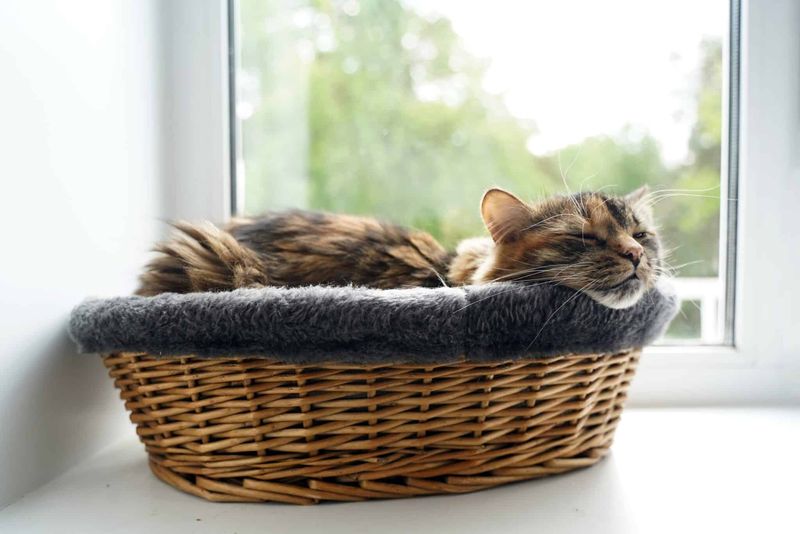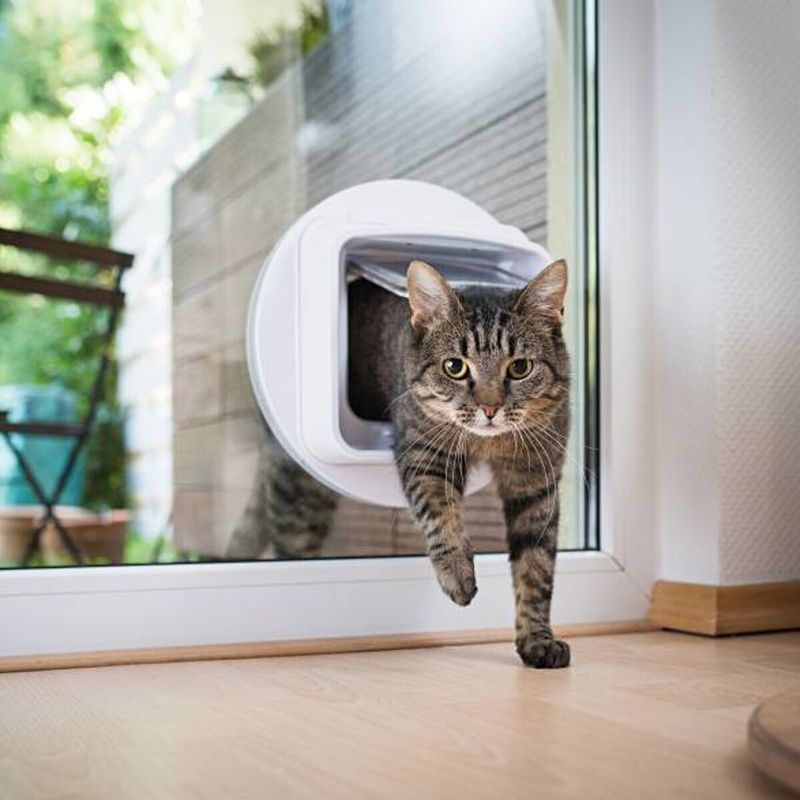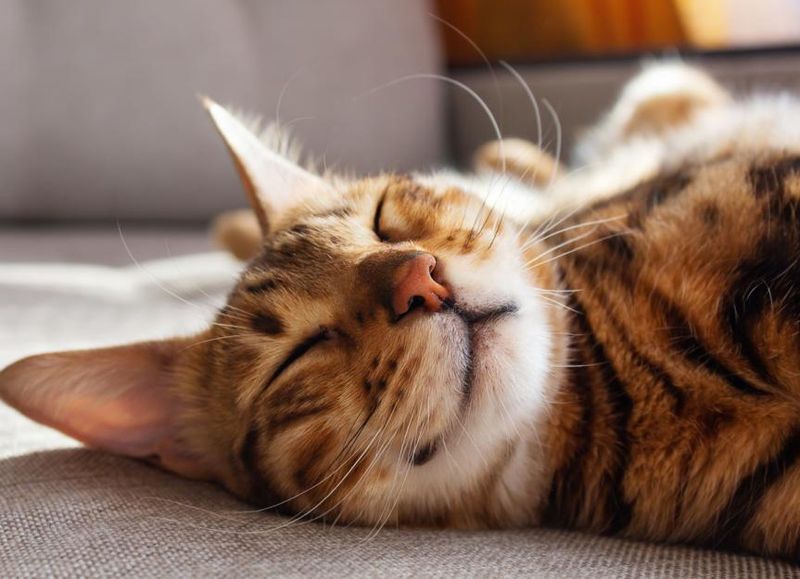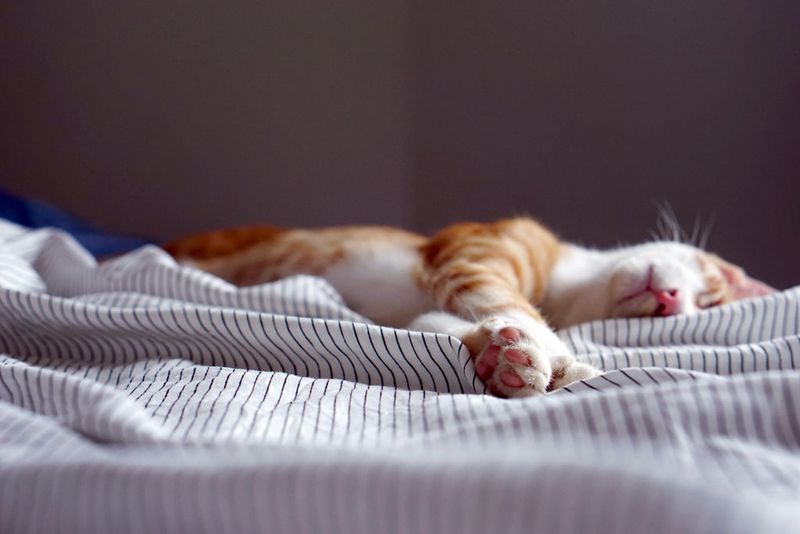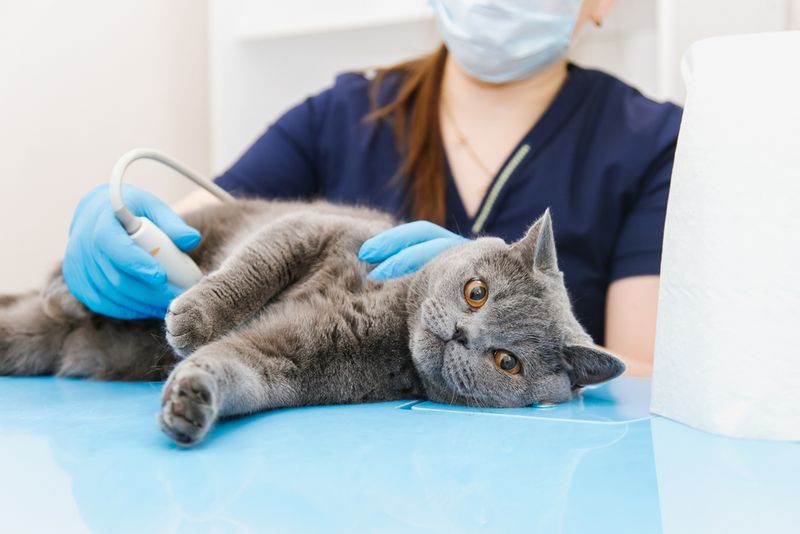📖 Table of Content:
Many cat owners find themselves struggling with a feline friend who insists on waking them up during the night. Cats, being naturally nocturnal, tend to be more active when their human companions are trying to sleep. These late-night disturbances can lead to frustration, sleep deprivation, and an overall sense of exhaustion.
Understanding the reasons behind a cat’s nighttime behavior is the first step toward solving the problem. Cats may wake their owners for attention, food, or simply because they have excess energy to burn. By identifying the triggers and adjusting routines, it’s possible to reduce the likelihood of these nightly interruptions.
There are several strategies that can help encourage better sleep habits for both cats and their owners. From creating a more stimulating environment during the day to adjusting feeding schedules, these small changes can make a significant difference. With the right approach, a more peaceful night’s rest can be restored.
1. Create a Routine
Cats thrive on routine. Establishing a consistent daily schedule can work wonders in regulating your feline’s internal clock. Feed your cat at the same times each day, morning and evening. This not only helps in managing their hunger but also sets clear expectations.
Incorporate play sessions to burn off energy before bedtime. A tired cat is less likely to stir you awake at night. Consider interactive toys that mimic hunting, as they stimulate both mind and body.
Over time, your cat will adapt to this predictable schedule, making for more peaceful nights for both of you.
2. Provide Evening Playtime
Before you settle down for the night, engage your cat in an energetic play session. Encourage them to chase toys that mimic prey, like feathers or laser pointers. This not only satisfies their hunting instincts but also tires them out.
A tired cat is more likely to sleep soundly through the night. Make this a regular part of your evening routine.
Not only does it help in reducing nighttime disruptions, but it also strengthens the bond between you and your pet. This fun and stimulating activity can be the key to a restful night.
3. Use a Puzzle Feeder
Introducing a puzzle feeder can be a game-changer. These feeders challenge cats to work for their food, satisfying their natural hunting instincts.
Fill the feeder with your cat’s dinner or treats and watch as they engage both mentally and physically.
This activity can tire them out, making them less inclined to seek attention during the night. It’s an enriching experience that keeps them occupied and away from your bed while you rest. Puzzle feeders come in various designs, so find one that suits your cat’s skill level and keeps them entertained.
4. Adjust Feeding Schedule
Sometimes, adjusting your cat’s feeding schedule can make all the difference. Consider feeding them a larger meal right before your bedtime. A full stomach can make your cat feel more satiated and less likely to wake you up for food.
Ensure that the meal is nutritious and balanced to support their overall health.
This simple adjustment can help align their sleep schedule with yours, leading to quieter nights. Monitor their weight to avoid overfeeding, and consult your vet if you notice any changes in appetite or behavior.
5. Create a Cozy Sleeping Spot
Creating a cozy sleeping spot for your cat can encourage them to stay put through the night. Choose a warm, comfortable bed placed in a quiet, secure location where they feel safe.
Add a soft blanket or an item with your scent to provide comfort and familiarity. Cats love to have their own space, and a dedicated sleeping area can reduce their need to seek out your bed.
Over time, they’ll begin to associate this spot with rest and relaxation, allowing you to enjoy uninterrupted sleep.
6. Ignore Attention-Seeking
When your cat tries to wake you up, it can be tempting to give in and offer attention. However, it’s crucial to ignore these attempts. Responding reinforces the behavior, teaching your cat that waking you is rewarded.
Stay consistent and resist the urge to engage, even if it means enduring a few noisy nights.
Eventually, your cat will learn that their nightly antics won’t get the desired response. Consistency is key, and with patience, you’ll see a decrease in their nighttime demands.
7. Offer a Sleep-Preventing Snack
Consider offering your cat a small, protein-rich snack before bedtime. A tiny portion of their favorite treat can help stave off hunger and encourage them to sleep longer.
Ensure the snack is healthy and doesn’t lead to overfeeding. By satisfying their appetite, you’ll reduce the likelihood of midnight wake-up calls.
This small evening ritual can create a sense of routine and help in aligning their sleep cycle with yours, paving the way for restful nights.
8. Install a Cat Door
If your cat enjoys night-time adventures, installing a cat door could be a solution. This allows them the freedom to explore outside without disturbing your rest.
Ensure your outdoor area is safe and secure, preventing any potential dangers. Granting this independence can satisfy their curious nature and reduce their need to wake you.
It’s an ideal option for cats who love the outdoors, providing them with the liberty to roam and return at their leisure.
9. Try Calming Supplements
Calming supplements can help in soothing your cat’s nighttime restlessness. These supplements often contain natural ingredients like chamomile or valerian root.
Before introducing any new supplement, consult with your vet to ensure it’s safe and appropriate for your cat. Such products can offer a gentle way to promote relaxation and reduce anxiety, potentially leading to quieter nights.
They are available in various forms, including treats and capsules, making them easy to incorporate into your pet’s routine.
10. Limit Daytime Naps
To encourage better nighttime sleep, try to limit your cat’s naps during the day. Engage them in play or offer interactive toys to keep them awake and active.
A cat that spends more energy during daylight hours is less likely to be restless at night. This can be particularly effective for indoor cats who might not have opportunities for natural stimulation.
Balancing their sleep cycle with engaging activities can contribute to quieter nights and a more harmonious household.
11. Consult a Veterinarian
If your cat’s nocturnal behavior persists despite your best efforts, consulting a veterinarian may be necessary. Sudden changes in sleep patterns can indicate underlying health issues.
A vet can provide insights into any medical or behavioral concerns that may be affecting your cat’s sleep. They may suggest specific treatments or modifications to your routine to address these problems.
Professional advice can be invaluable in understanding your cat’s unique needs and ensuring their well-being, leading to peaceful nights for both of you.

